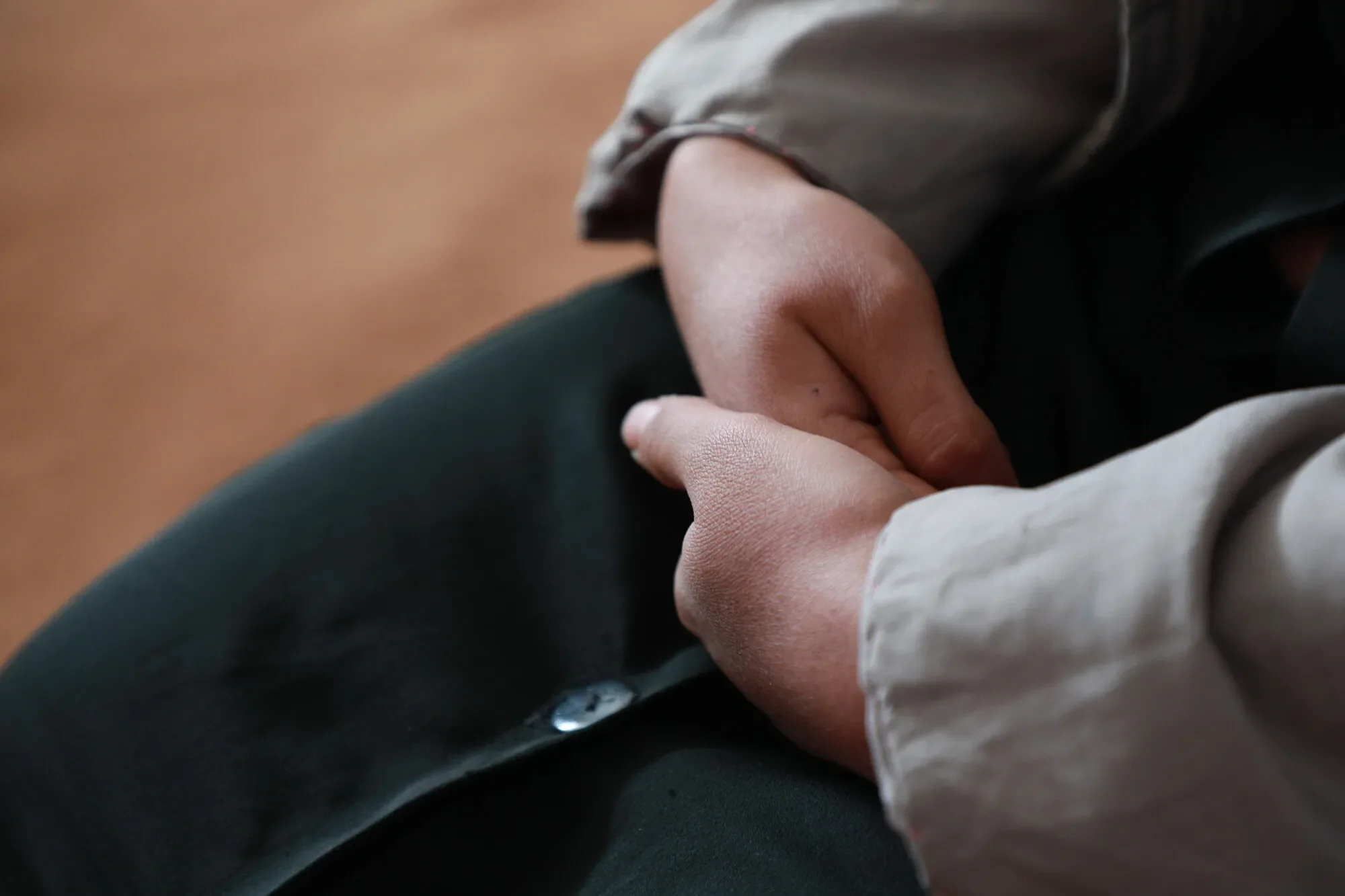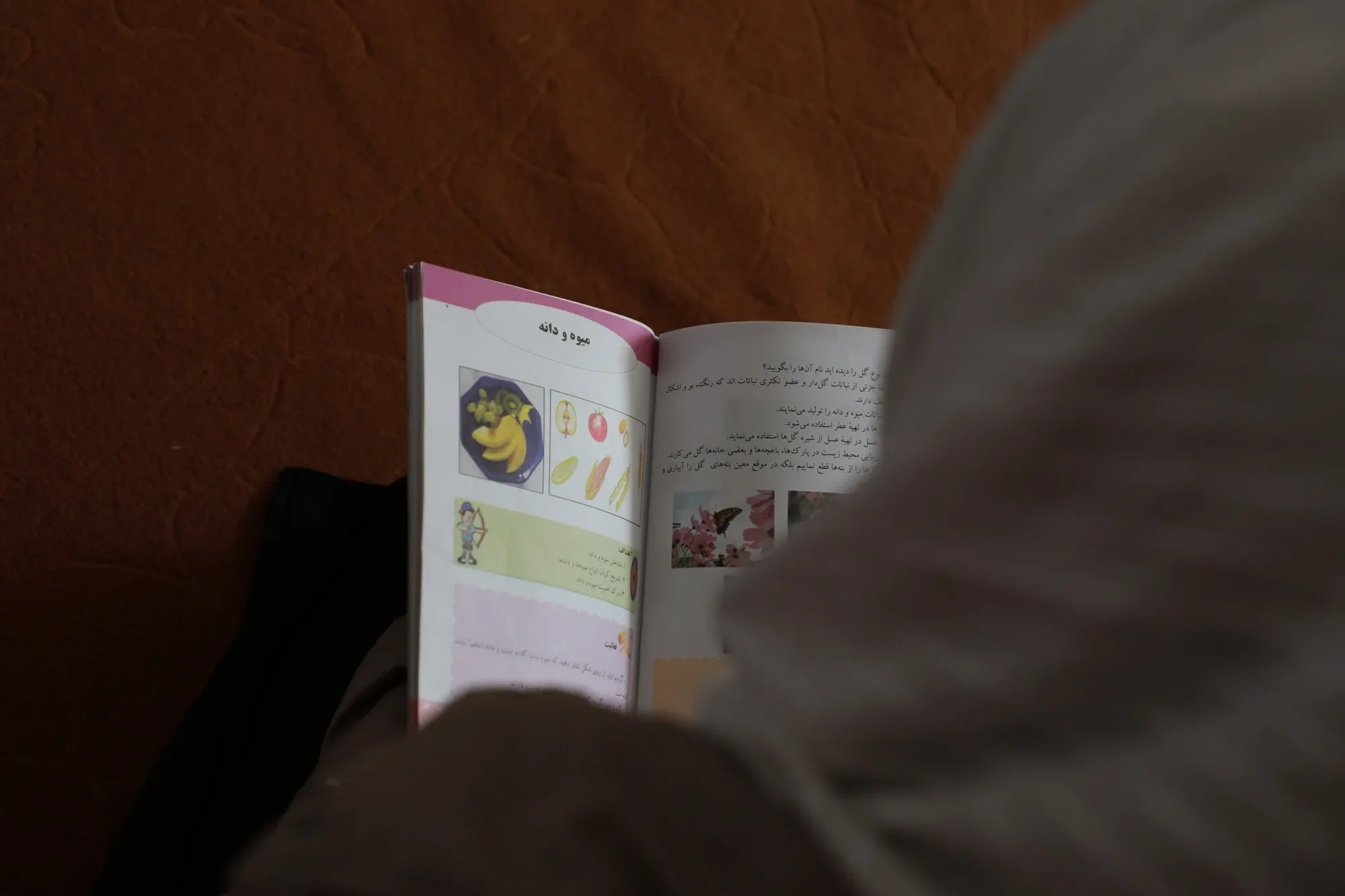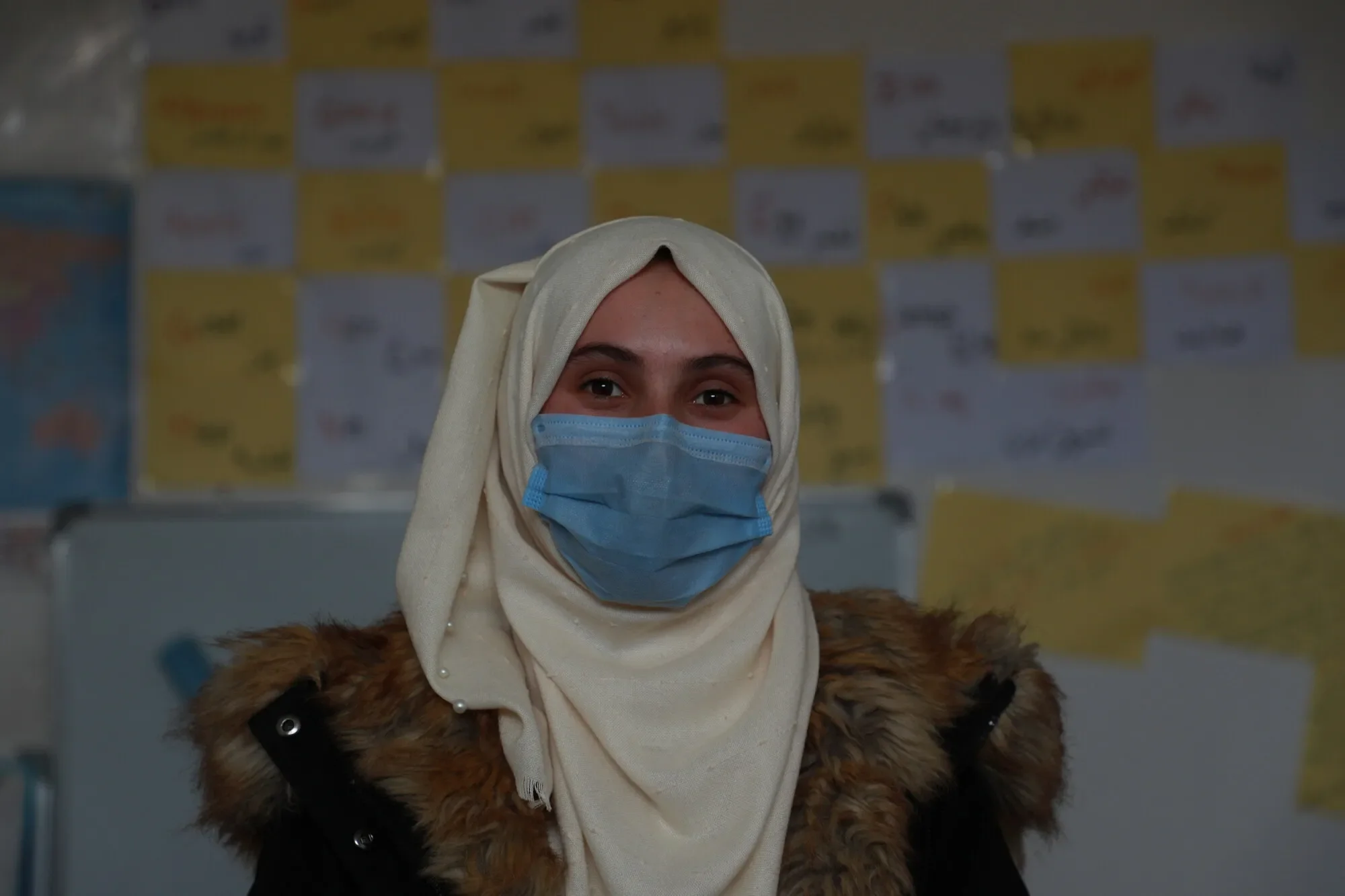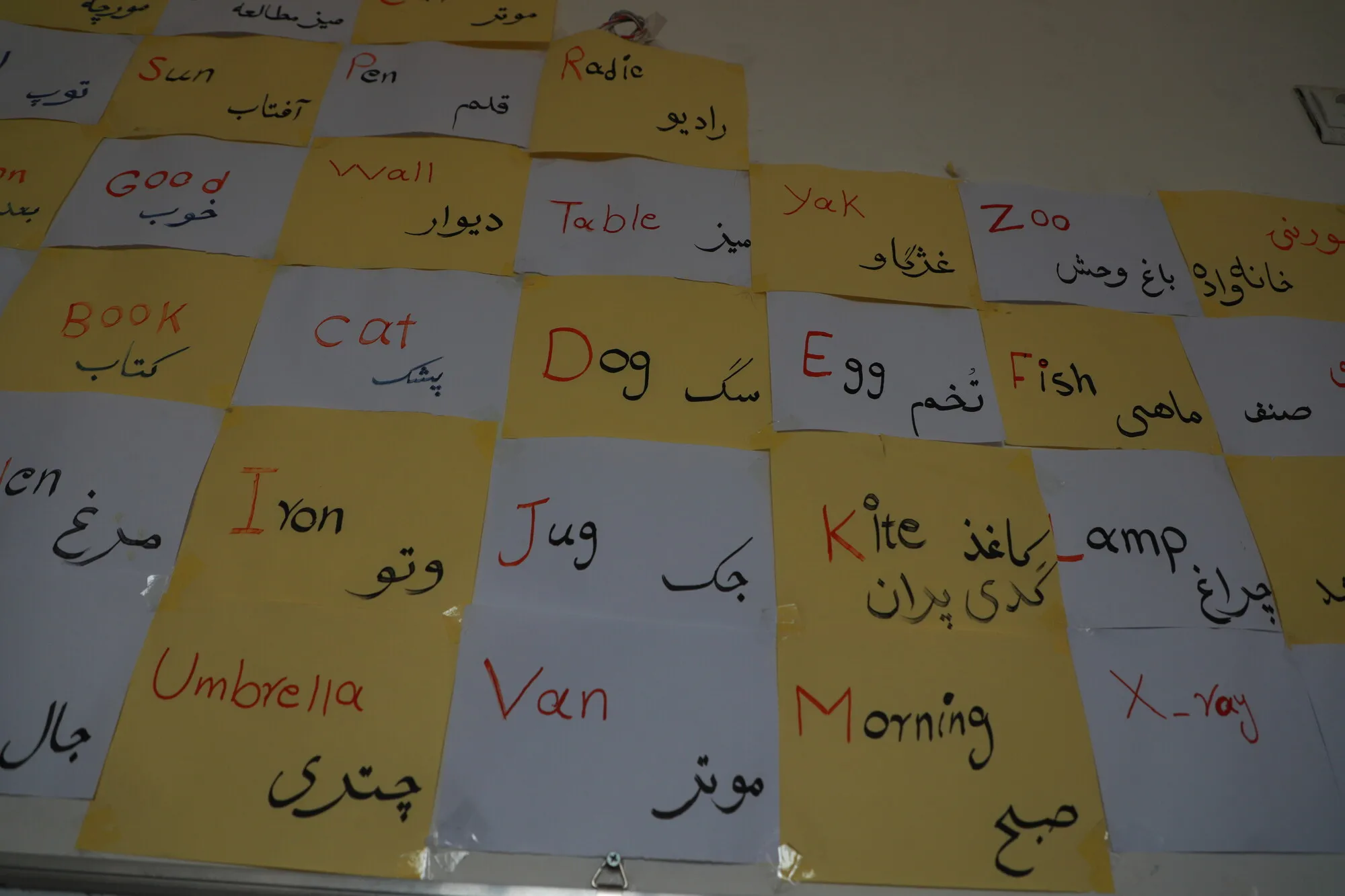There were plans that schools would open for all high school girls at the beginning of the Persian new year in March 2022, but that did not materialize.
Under both the prior government and the current one, CARE has provided community-based education and accelerated learning programs, primarily for girls. CARE hires the teachers, and classes take place in rooms in teachers’ houses in the communities where the students live. Class sizes range from a handful of students up to 25.
That said, programs for high-school-aged girls are not currently running.




